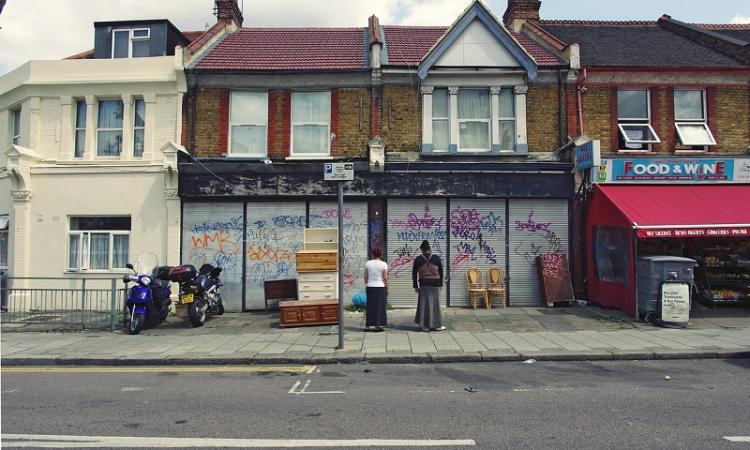With 23% less property on the market compared to a year ago, London is currently suffering from a property drought.
The figures, which have been reported within the Asking Price Index published by home.co.uk, also reveal a shortage of housing stock in the lettings market, with 15% fewer properties entering the market across the country, with the capital suffering the most with the supply of newly available rental properties down by 21%.
According to Home.co.uk, there has been a three-year decline in the available rental stock during which time the stock level for Greater London as a whole has plummeted 51%.
With supplied below the level of demand, rents are rising rapidly in the capital and the research shows that rental increases are also beginning to accelerate in the south-east. Overall, UK rents are up by 8% year-on-year.
At the same time, the residential landlords Association (RLA) is warning that courts across the capital are failing to cope with the volume of landlord repossession cases.
A report from the RLA shows that the average length of time for a claim from a landlord to be resolved with a court issuing an order for a property to be repossessed for legitimate reasons is now 30 weeks. This is up from 23 weeks a year ago and the RLA claims that landlords in London have the longest wait in the country, warning that without substantial reform and greater funding from the courts for the courts the time taken to process claims will only get worse.
The association fears that faced with such difficulties in regaining possession of properties, many landlords will be put off providing homes to rent that the capital desperately needs, making life even more difficult for those looking for a home to rent.
John Stewart, of the RLA said: “If landlords feel that they might have to wait forever to regain possession of their property where they have good reason, such as tenants committing anti-social behaviour or failing to pay their rent, increasing numbers are going to feel it is not worth the risk of letting the property out in the first place.
“This will just add to the already growing shortage of investment in rented housing which is badly needed to meet rising demand.”

